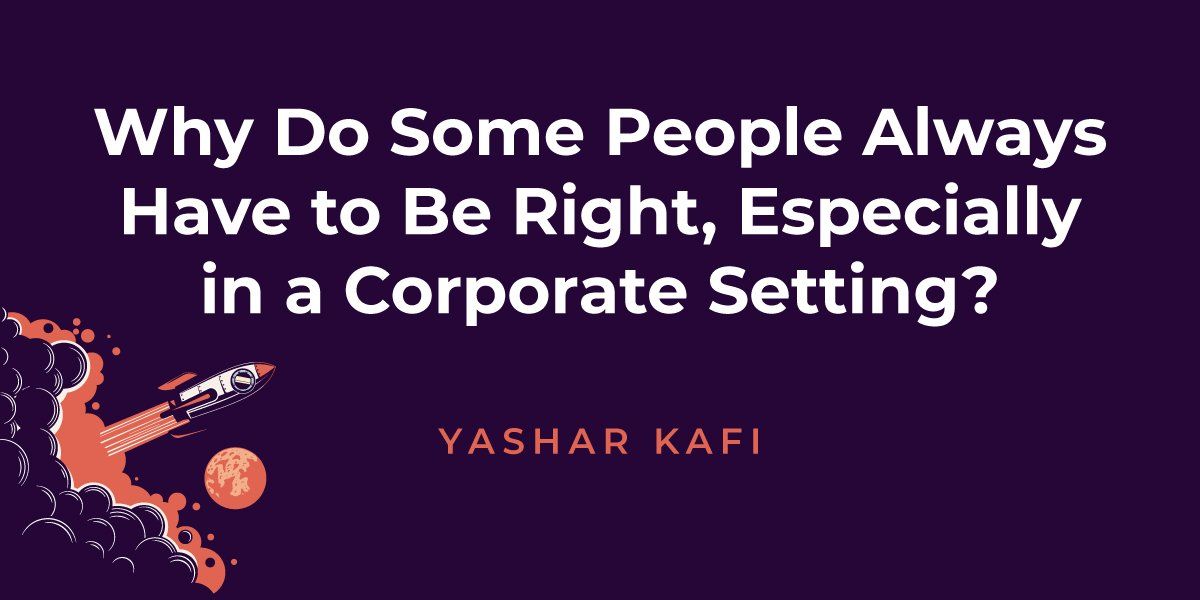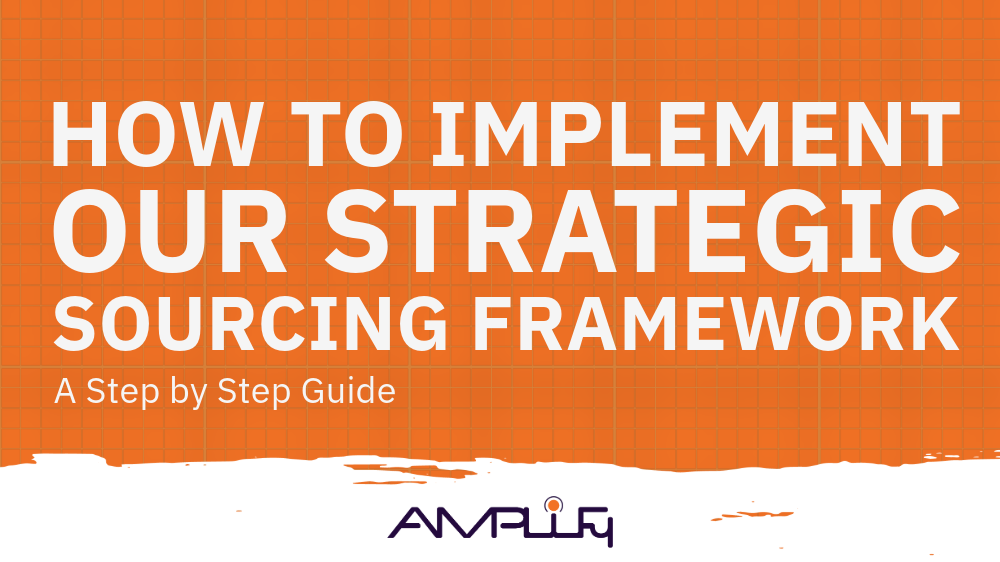Why Do Some People Always Have to Be Right, Especially in a Corporate Setting?
Most people have at one point in their lives come across—and unfortunately engaged in a conversation with—someone who always has to be right. Yes, that person.
As you read this, I can bet their faces are even popping into your head, along with memories of frustrating (and unnecessary) debates and other annoying encounters.
Let’s not mince words. These people are not pleasant to be around. I have come across more than my fair share, especially in the consulting business. So, it has led me to often wonder: Why is it that some people always have to be right, especially in a corporate setting? Is there some psychological explanation, or are they just certified, grade A assholes?
A renowned therapist, Karyl McBride, Ph.D., attributes this less than flattering trait to fragility of the ego: “People who always need to be right tend to have fragile egos,” she says. “When they feel as if their self-image has been threatened, they want to make themselves look bigger or smarter, so they blame others. It’s a coping mechanism to deal with insecurity.”
My take is that it is ingrained in us—that sensed “need” to be right. I would almost go so far as to call it a compulsion. The problem comes when this perceived need and compulsion are constantly given in to repeatedly—until it becomes a personality trait indicative of who a person is rather than just a momentary lapse in self-control.
World-famous spiritual guru Eckhart Tolle has even gone so far as to describe the perceived need to always be right as a form of violence. He’s referring to this compulsion to inflict our opinions on everyone around us, then add to the oppression by insisting and demanding that they not only listen to those opinions but agree with them.
As well as a fragile ego, this behavior smacks of insecurity. It is like a neon sign flashing to the world, silently shouting: I need validation!
Now, well it’s all well and good to understand what is fuelling these characters’ actions; that still doesn’t mean it’s an excuse for the behavior. It can be a balancing act to have compassion about where this behavior is coming from (we already established that it’s stemming from self doubt rather than spite) while also standing up for ourselves and protecting our mental wellbeing by not allowing it to negatively affect us. For this reason, it is vital that we be aware of who we surround ourselves with because people will either revive us with their presence or suck the energy out of us.
Next, as we have just described a challenging colleague, friend, or whatever, it’s self-reflection time. Are YOU “that guy?” Think back to the last time you apologized for something. Chances are, if you can’t do this easily, you may have some deep introspection of your own in your future.
The most important thing is that it doesn’t become a chronic issue and the norm of your behavior. The desire to be right in every situation is a human instinct that is ingrained in us. I mean, who doesn’t like and prefer to be in the right? However, the world doesn’t work this way. We as humans err, and when we do, we must admit it readily and quickly move on. Doing this isn’t easy, and slowly but surely, you have to make it a habit.
After all, nobody wants to be that guy…




